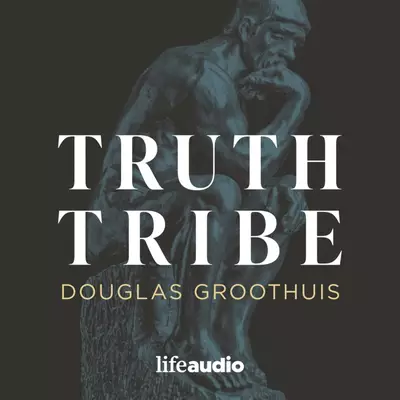
How the Holy Spirit Grounds the Knowledge of God Through Liturgy
God’s creatures ought to worship God in spirit and in truth (John 4:23) through the inspiration of the Holy Spirit so that the nations may be glad and sing for joy. This is because God rules the peoples with equity and guides the nations of the earth (Psalm 67:4). God wants to be known, and, thus, to be properly worshipped as our Creator and Redeemer. Worship is the paramount issue for human existence and no small matter to the one to whom worship is due. God’s absolute and incorruptible worth demands our total allegiance. God beckons us to offer our all to him as our Lord. As the Westminster Larger Catechism states: “Man’s chief end is to glorify God and enjoy him forever.” This cannot happen without a deep intellectual, emotional, and imaginative knowledge of the one true God. My thesis is that the knowledge of God can and should be grounded through the historic liturgy of the church in worship. This is but one way to grow in the knowledge of God, but an often-neglected way among Evangelicals. Put more formally, this is a paper that addresses one doxastic practice whereby Christians may deepen their knowledge of God intellectually and affectively.
Liturgy defined:
Liturgy is the historic Christian practice of richly orchestrated and theologically scripted religious services that employ particular symbolism—such as bread and wine, vestments, and crosses—to focus the worshippers’ attention on sacred meanings derived from the Holy Scriptures and developed by the historic orthodox church. In so doing, liturgical actions both honor God and edify those worshipping.
The Formal Argument
1. Christians need to grow in the knowledge of God and to make him known and obeyed universally. This is a theological premise. Paul wrote that his readers so that “they may have the full riches of complete understanding, in order that they may know the mystery of God, namely, Christ, in whom are hidden all the treasures of wisdom and knowledge” (Colossians 1:2-3).
2. Knowing is multi-dimensional, involving heart, mind, and body. This is an epistemological premise backed by Jesus’ command to love God with all of our being (Matthew 22:37-39), since loving God requires that we know God truly, if not perfectly or exhaustively (1 Corinthians 13:12).
3. Liturgy provides a unique means to know with heart, mind, and body. This is a theological and epistemic premise.
4. Therefore: Churches should provide liturgy as a means for better knowing and serving God. This is a theological conclusion.
Few Evangelicals will question premises (1) and (2). The rub comes with premise (3) which is necessary for the conclusion to be sound.
Discover more Christian podcasts at lifeaudio.com and inquire about advertising opportunities at lifeaudio.com/contact-us.

Follow Dr. Groothuis:
Website: https://www.DouglasGroothuis.com